Aiminanu
in conversation with Mathias Mark
2017
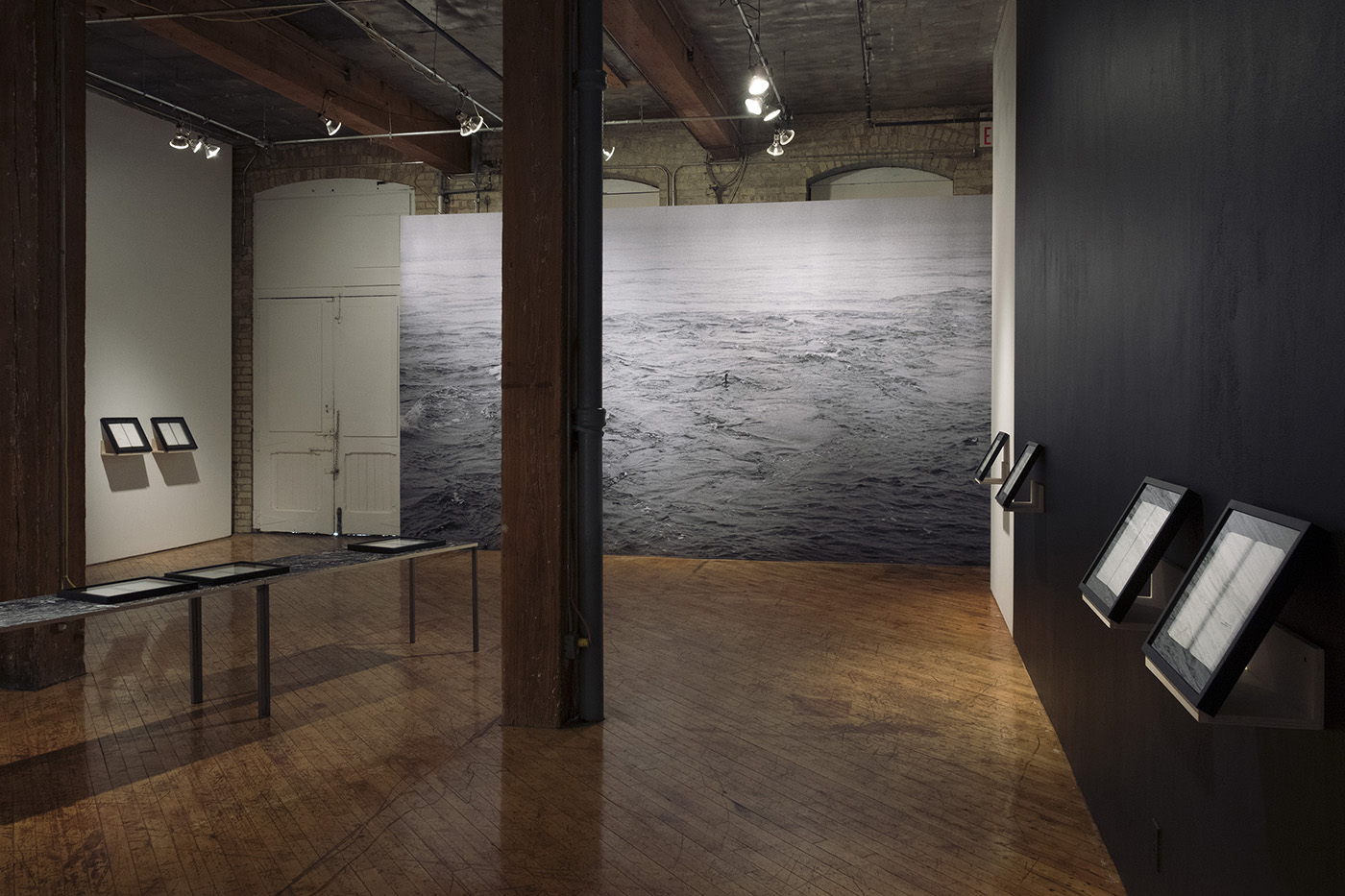
Aiminanu is a word in Innu-Aimun which translates to “there is a conversation going on.” The exhibition rests upon this idea of conversation—between languages, cultures, and people. Through an ensemble of sentences selected from an Innu-French dictionary, it also explores the relations between language, territory, and identity. The dictionary appears as a place of affirmation, where the language itself is speaking: the Innu words, when translated, become sentences which carry meanings, knowledge, and poetic evocations. Placed in the gallery according to the meaning of the four directions, the sky, and the earth, they also evoke an intimate relation between human and territory, in tune with the cycles of the day, of the seasons, and of life. The dictionary also represents a place of dialogue between a spoken language, Innu, and a written language, French—a dialogue that echoes with the sound that is heard in the space, the voices of a conversation between the artist and Mathias Mark, who expresses the importance of hearing the words of his language and culture. Aiminanu thus suggests listening to these voices that come from the earth and that mix with the currents of rivers.
“Aiminanu. ‘A conversation is going on,’ as it translates from Innu-aimun. Thus, the relationship develops through spoken language. Its rhythm is in the present. What’s more, the dialogue evoked is open, continuous, evolving (going on). But, above all, its formulation carries us away. It transports us towards three territorialities: geographic, cosmological, and artistic.”
- Excerpt of Aiminanu, a text by Guy Sioui Durand.
Aiminanu, made from elements of Voix du Nitassinan and the sound piece Mamit aimun, was presented at YYZ, Toronto.
Mathias Mark is from Pakuashipi, a community situated on the lower northern coast of the Saint Lawrence River. He lives on the banks of the Pakua Shipu, a large river which is the way into the interior of the territory, where the Innu traditionally lived in the winter season, following caribou herds. Through the teachings of the elders, he is invested in learning the skills and knowledge of his traditional Innu culture, in order to share them with new generations. He is interested in the technical as much as the spiritual aspects of hunting, following preparation methods with respect for the animal, while listening to traditional songs and to the rhythm of the teueikan, the sacred drum. He has also begun recording the stories of the elders so that their memories will continue to inspire the life of the Innus.
Thanks to the Conseil des arts et des lettres du Québec for its financial support of the project. Thanks to Mathias Mark, Tanya Lalo Penashue, Craig Rodmore, Guy Sioui Durand, Sodec, Avatar, VU, L’Œil de Poisson, François Simard, Le Labo, YYZ.
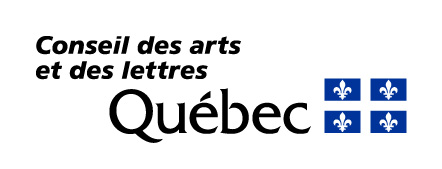
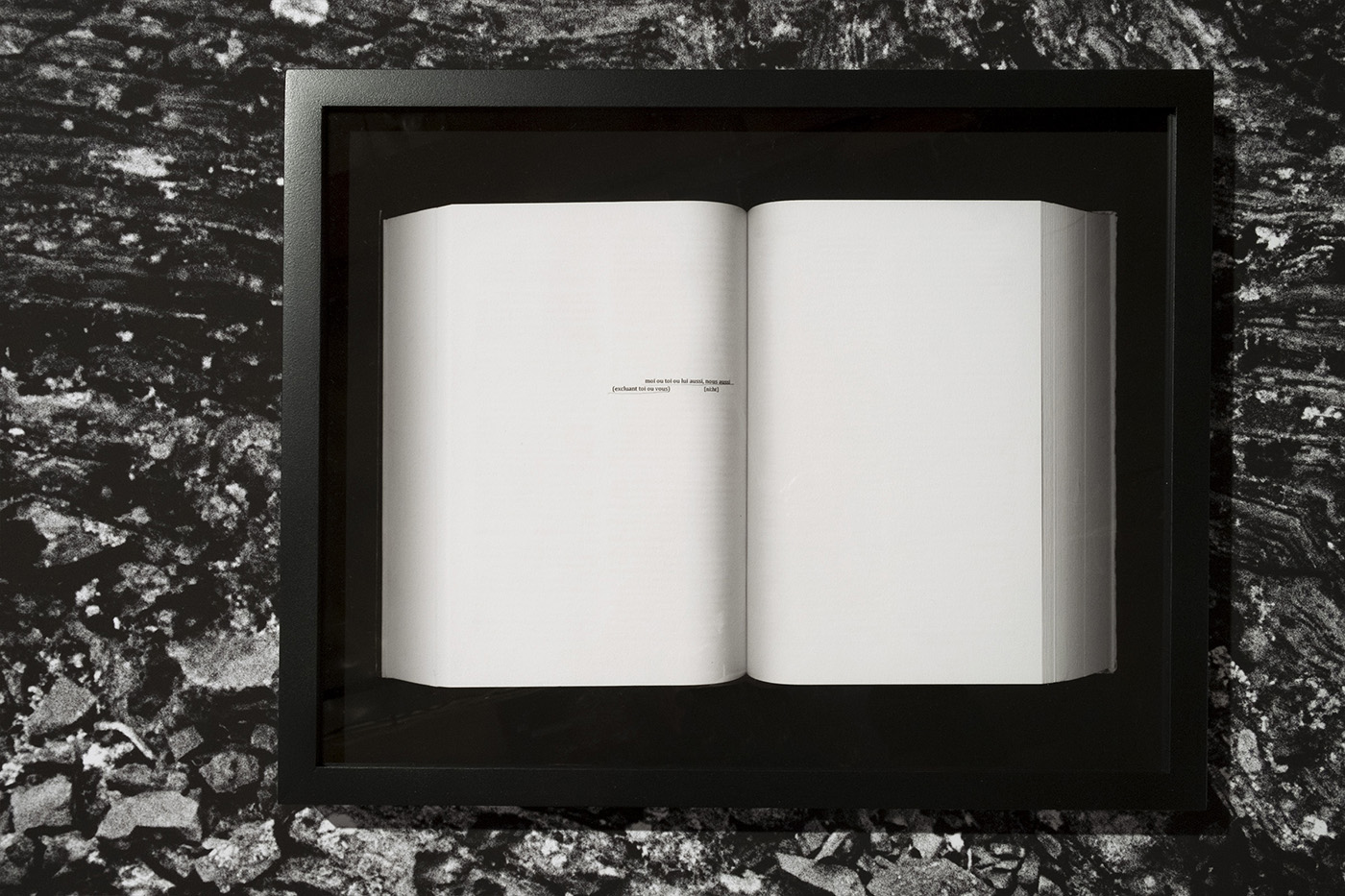
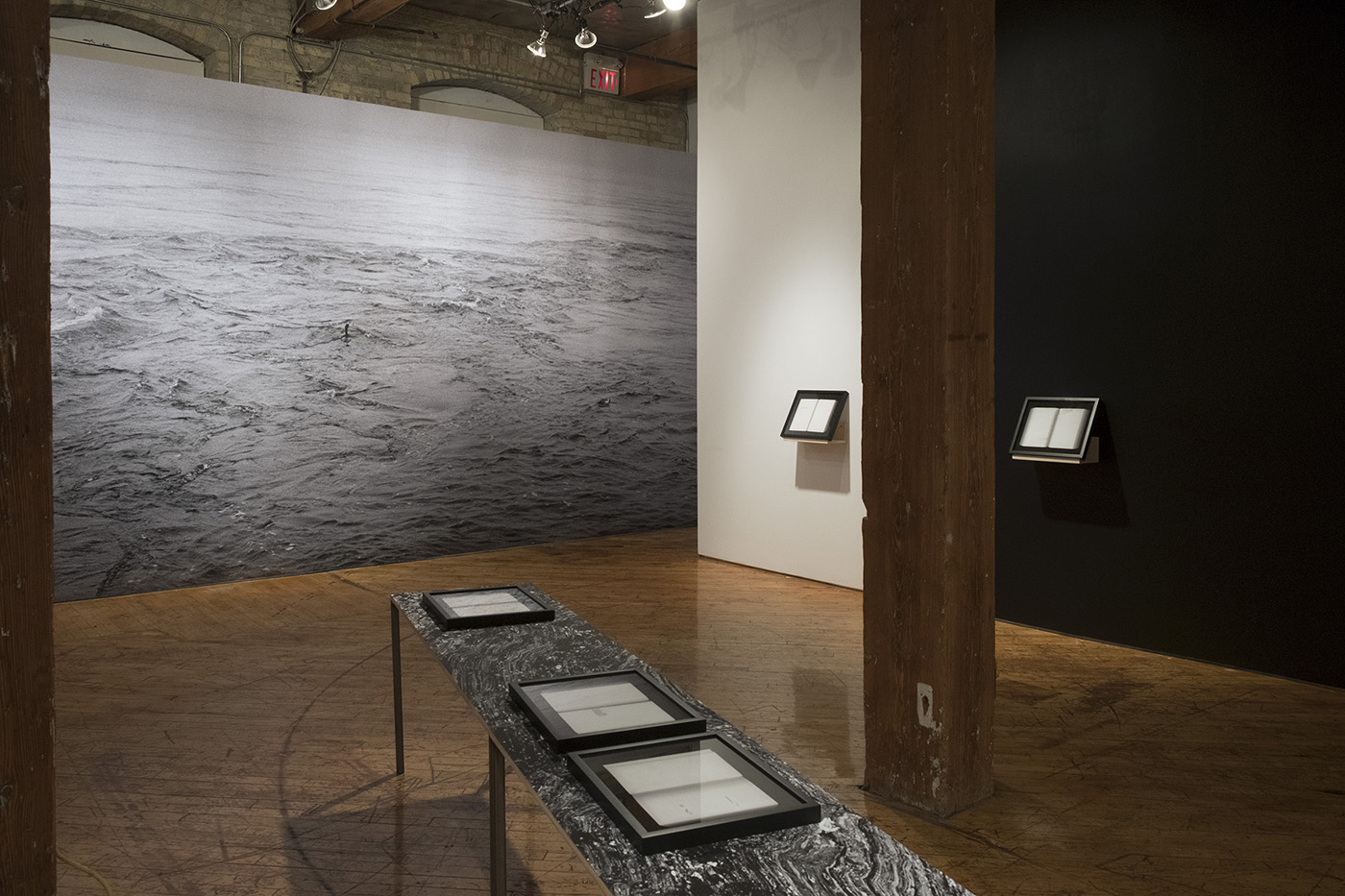
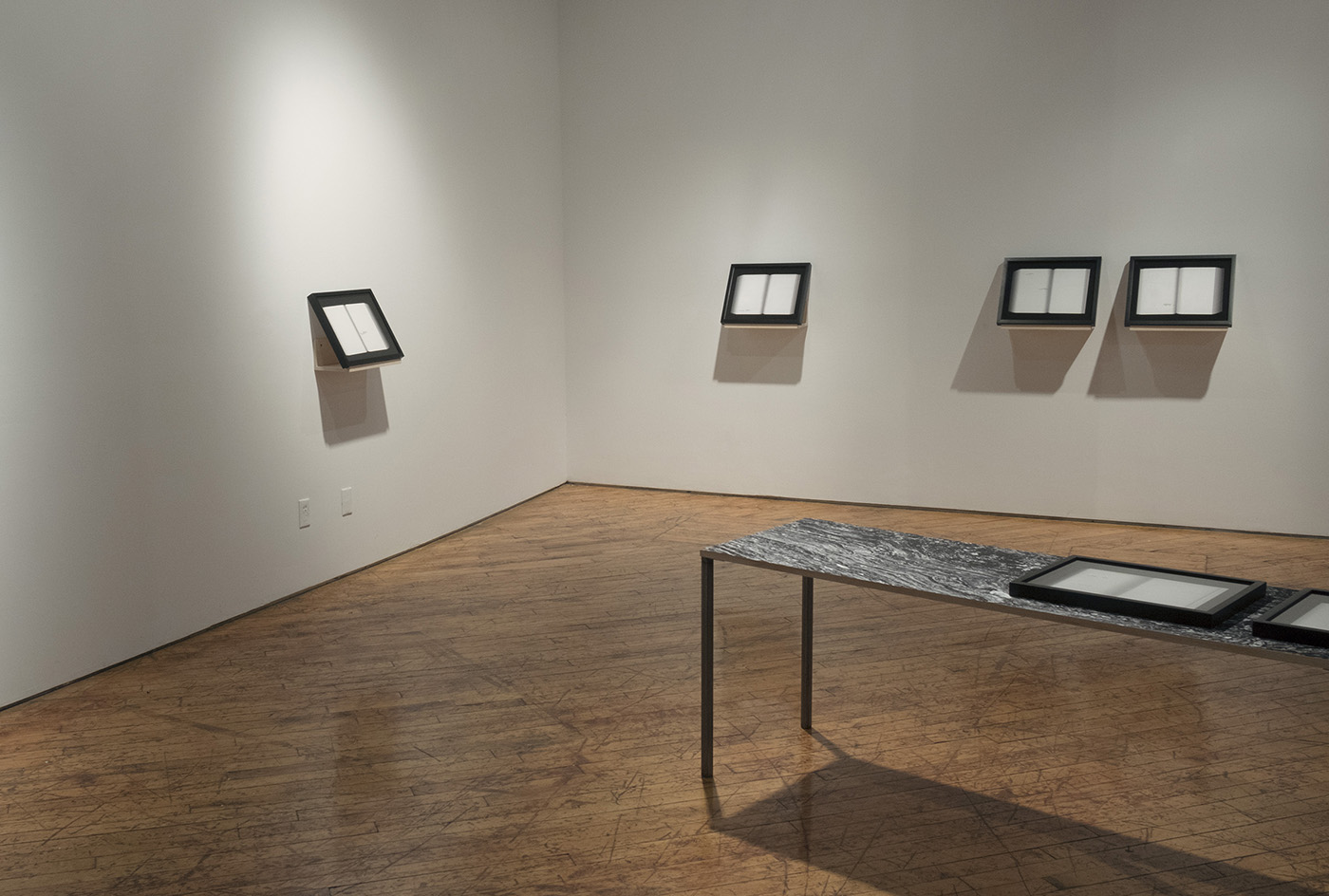
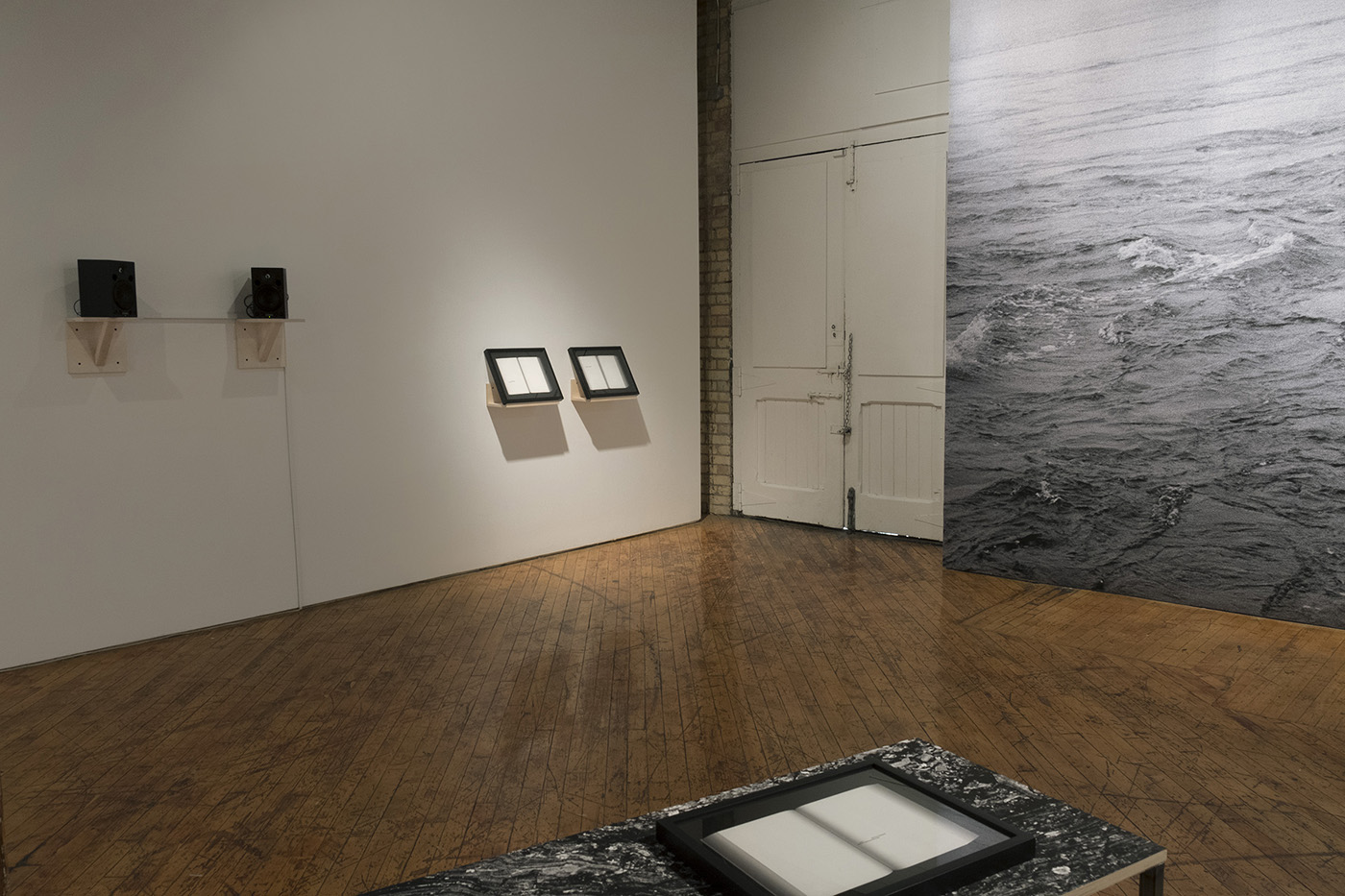
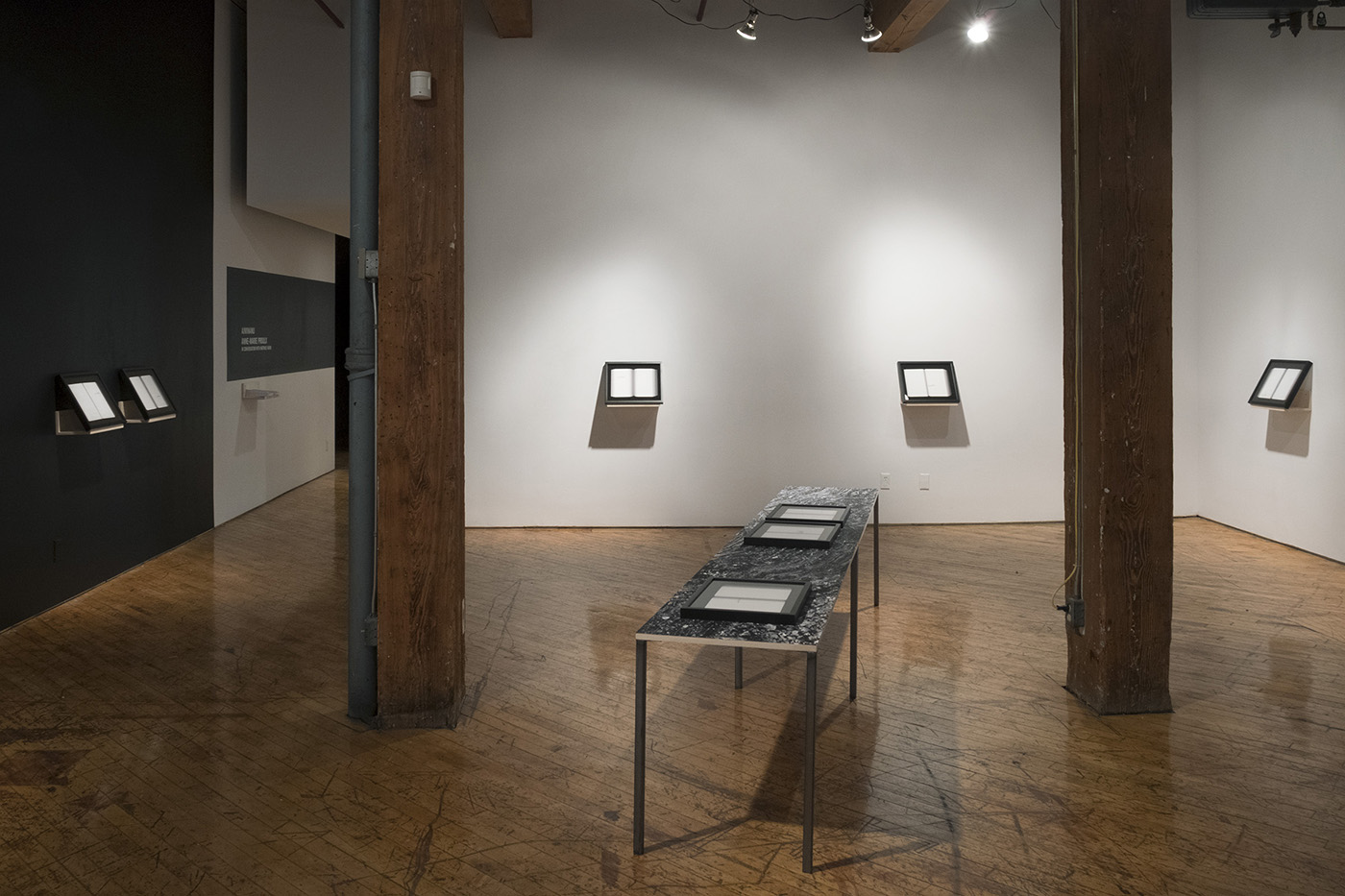
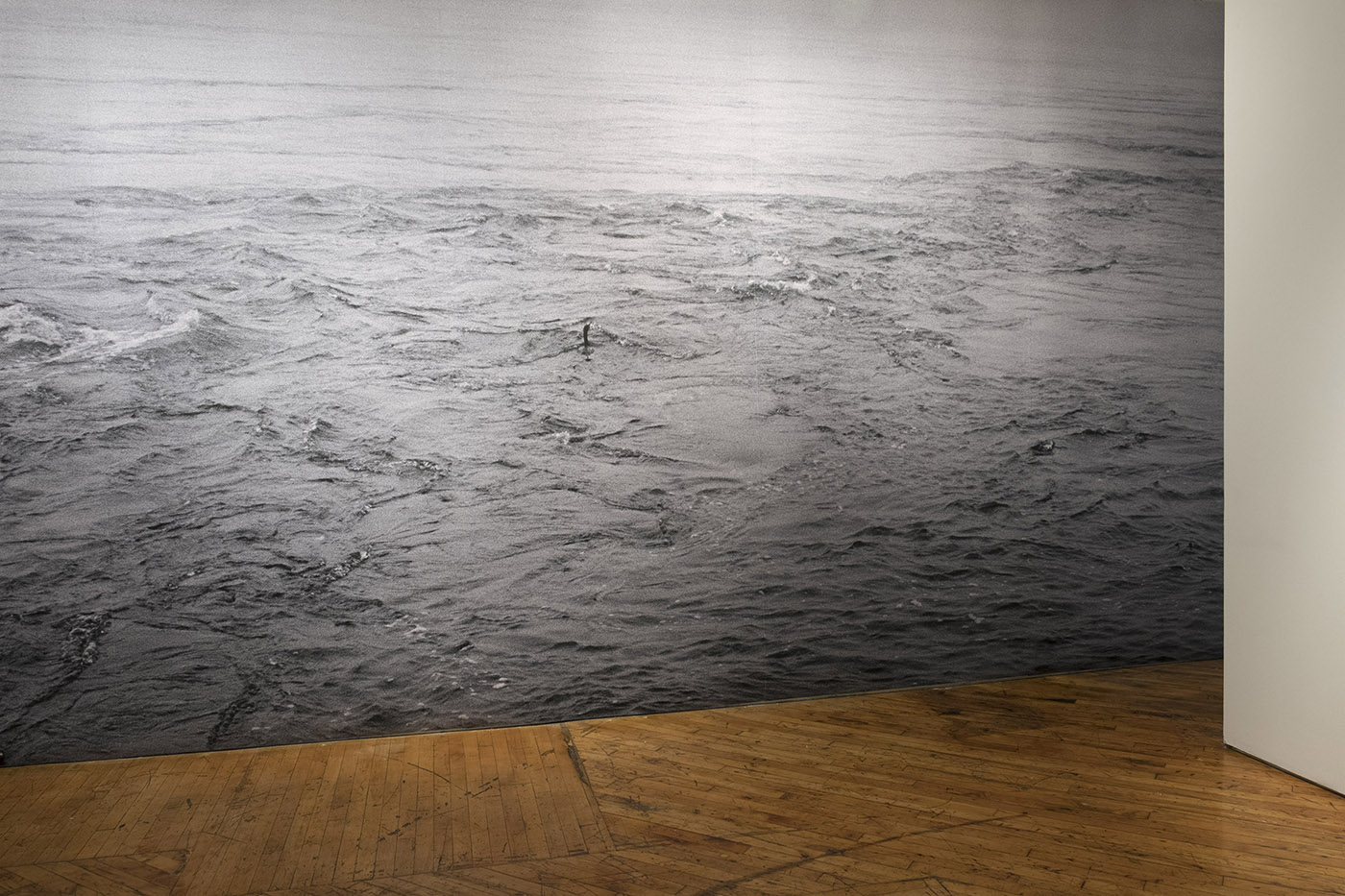
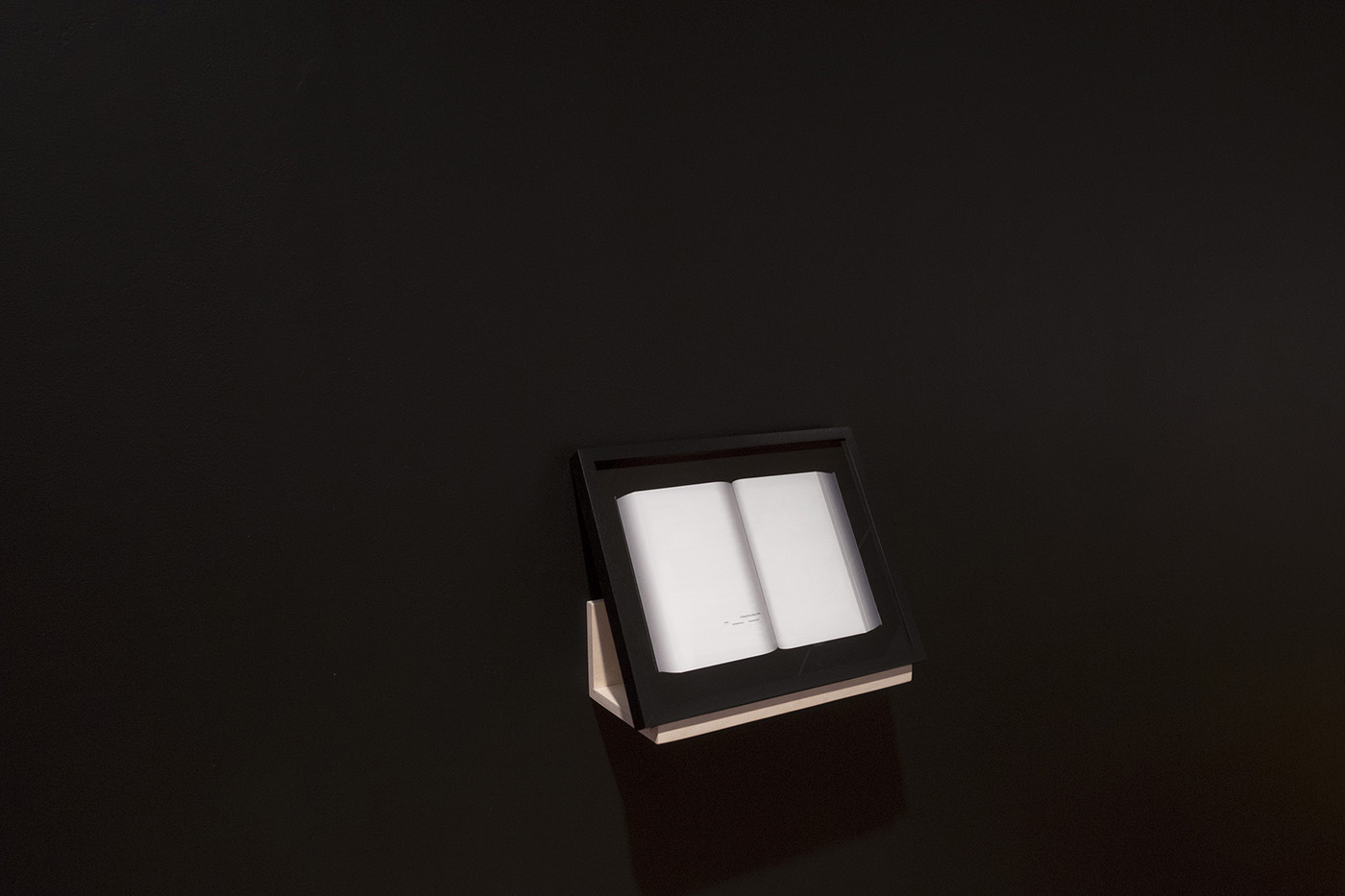
in conversation with Mathias Mark
2017

Aiminanu is a word in Innu-Aimun which translates to “there is a conversation going on.” The exhibition rests upon this idea of conversation—between languages, cultures, and people. Through an ensemble of sentences selected from an Innu-French dictionary, it also explores the relations between language, territory, and identity. The dictionary appears as a place of affirmation, where the language itself is speaking: the Innu words, when translated, become sentences which carry meanings, knowledge, and poetic evocations. Placed in the gallery according to the meaning of the four directions, the sky, and the earth, they also evoke an intimate relation between human and territory, in tune with the cycles of the day, of the seasons, and of life. The dictionary also represents a place of dialogue between a spoken language, Innu, and a written language, French—a dialogue that echoes with the sound that is heard in the space, the voices of a conversation between the artist and Mathias Mark, who expresses the importance of hearing the words of his language and culture. Aiminanu thus suggests listening to these voices that come from the earth and that mix with the currents of rivers.
“Aiminanu. ‘A conversation is going on,’ as it translates from Innu-aimun. Thus, the relationship develops through spoken language. Its rhythm is in the present. What’s more, the dialogue evoked is open, continuous, evolving (going on). But, above all, its formulation carries us away. It transports us towards three territorialities: geographic, cosmological, and artistic.”
- Excerpt of Aiminanu, a text by Guy Sioui Durand.
Aiminanu, made from elements of Voix du Nitassinan and the sound piece Mamit aimun, was presented at YYZ, Toronto.
Mathias Mark is from Pakuashipi, a community situated on the lower northern coast of the Saint Lawrence River. He lives on the banks of the Pakua Shipu, a large river which is the way into the interior of the territory, where the Innu traditionally lived in the winter season, following caribou herds. Through the teachings of the elders, he is invested in learning the skills and knowledge of his traditional Innu culture, in order to share them with new generations. He is interested in the technical as much as the spiritual aspects of hunting, following preparation methods with respect for the animal, while listening to traditional songs and to the rhythm of the teueikan, the sacred drum. He has also begun recording the stories of the elders so that their memories will continue to inspire the life of the Innus.
Thanks to the Conseil des arts et des lettres du Québec for its financial support of the project. Thanks to Mathias Mark, Tanya Lalo Penashue, Craig Rodmore, Guy Sioui Durand, Sodec, Avatar, VU, L’Œil de Poisson, François Simard, Le Labo, YYZ.







